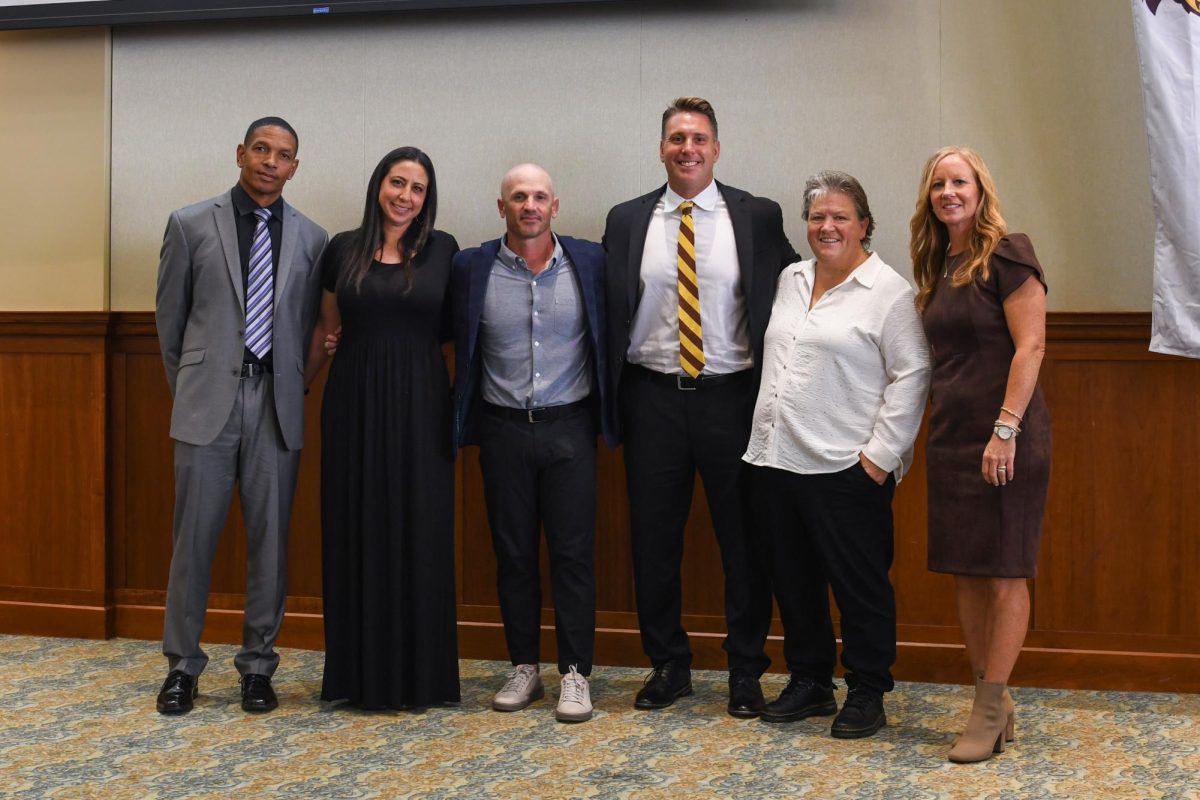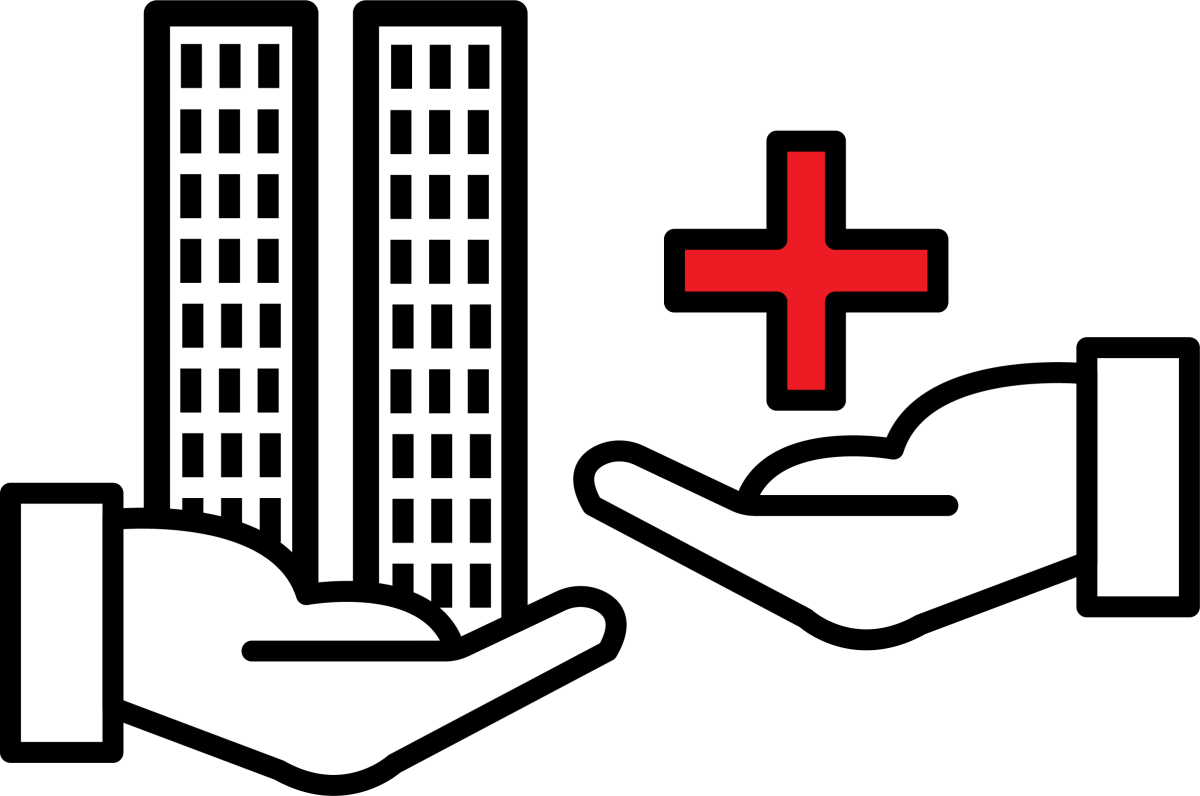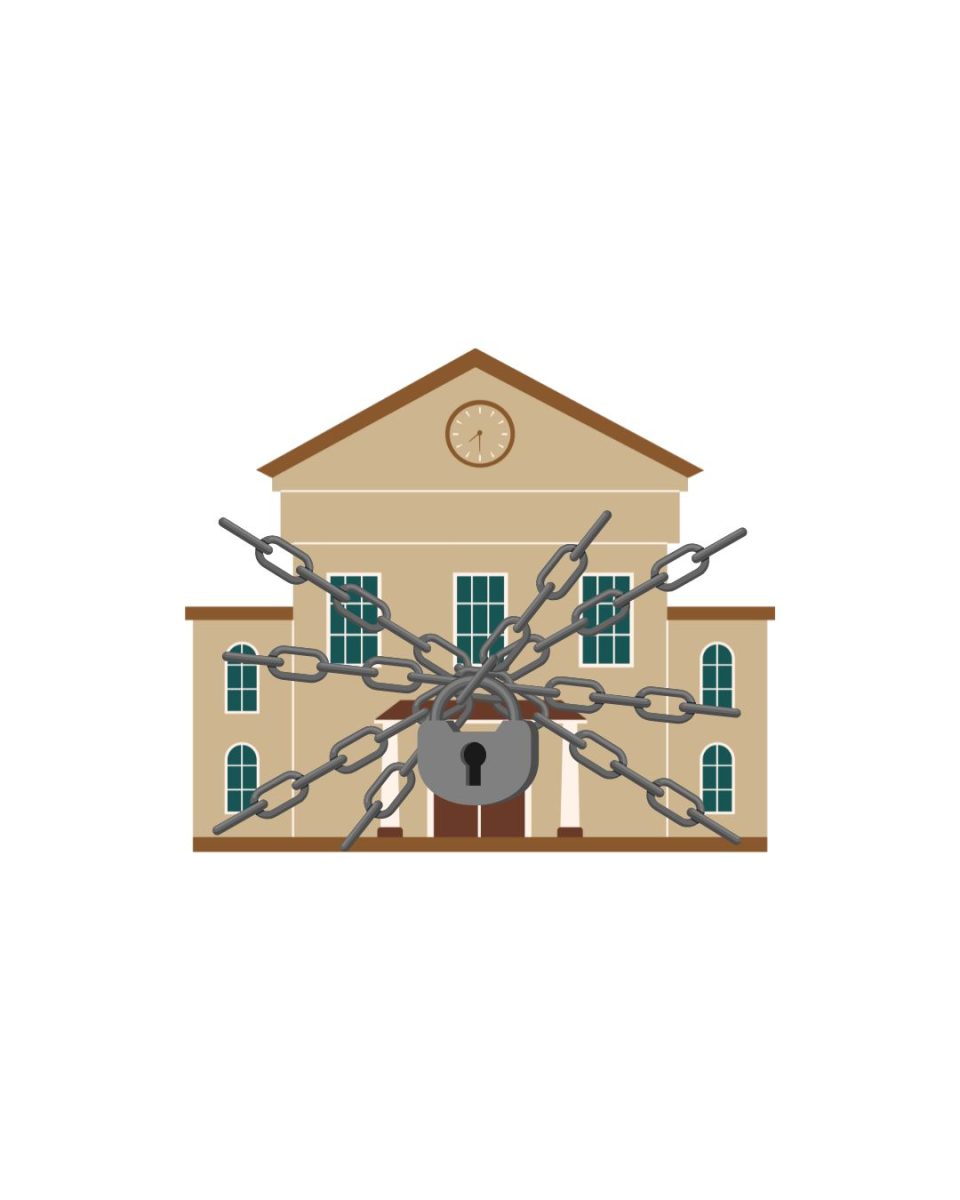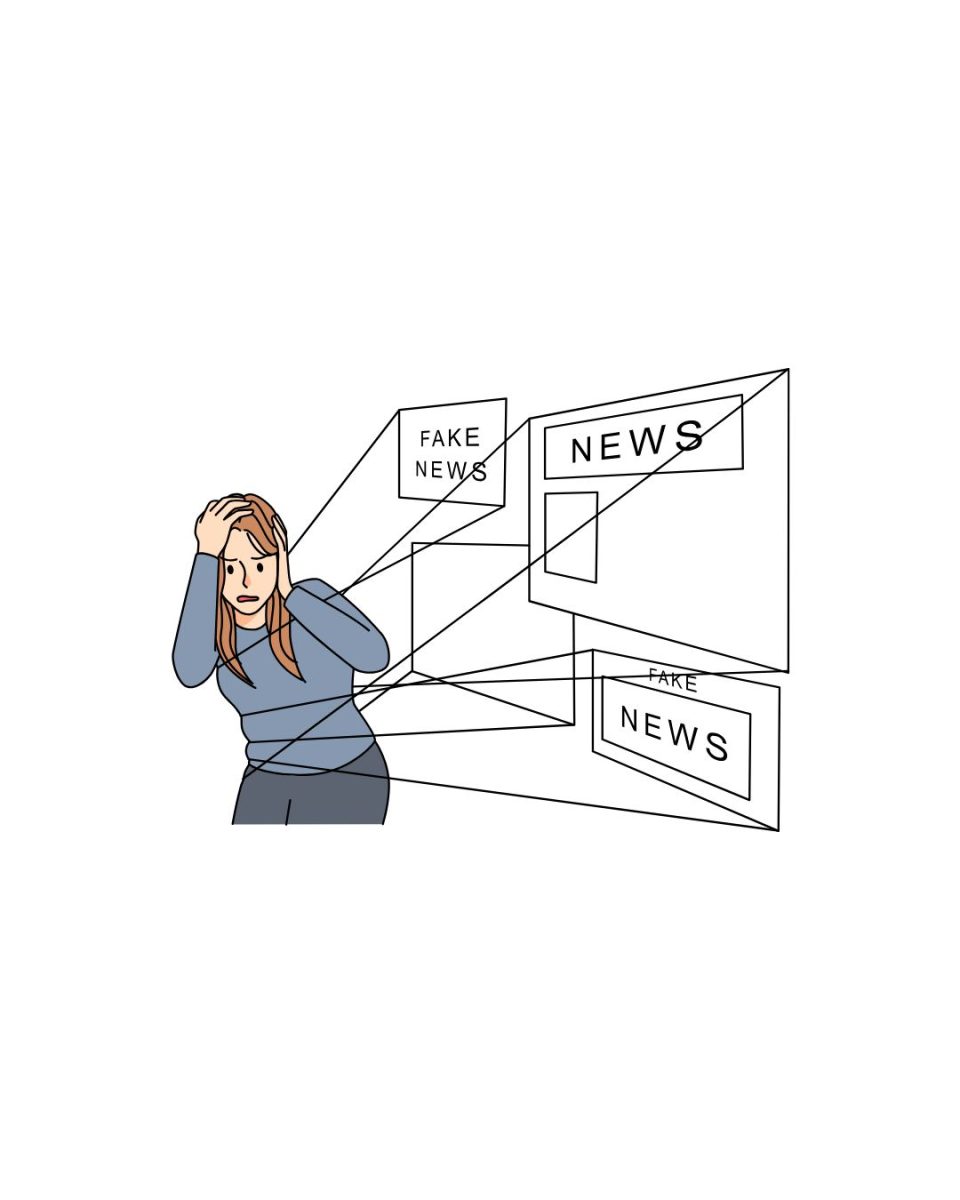Nearly everyone is aware of the history and timeline of events that occurred on Sept. 11, 2001. Many Rowan University students educated within the United States have visited the 9/11 memorials, listened to their teachers tell the class where they were when they heard the news, or read of the complete devastation these events had on the American ecosystem. Every 9/11, our media is consumed with memorial images and stories of “Never Forget,” but how can we remember this tragedy and honor those we lost without also supporting those that survived?
Following the initial terrorist attacks, first responders and volunteers spent countless days and weeks at ground zero. This meant searching for survivors, clearing wreckage, and inhaling hazardous levels of asbestos, silica, heavy metals, and volatile organic compounds– to name just a few. These people also faced the threat of collapsing structures, burning material, and long-lasting psychological effects such as PTSD and depression.
As recompense for their brave efforts, the first responders, volunteers, and survivors who helped salvage the remains of the World Trade Center have been given a federal health care program with a $3 million dollar deficit.
The World Trade Center Health Program (WTC) was founded in 2011 to help the estimated 400,000 people exposed to the toxic and dangerous conditions presented at ground zero. As of this time, the program has roughly 112,000 people enrolled and was founded to support these people with their medical needs through the year 2090–. WTC states that over 10,000 of these individuals are New Jersey residents. According to a letter addressed to Congressman Frank Pallone Jr. and signed by twelve Republican members of Congress, with WTC’s current level of funding, the program is expected to be able to provide medical care through October 2024.
This deficit is largely credited to a simultaneous rise in cancer rates among WTC patients as well as a rise in treatment costs. However, this deficit has been perpetuated so, due to a lack of additional funding allocated by Congress.
Although attempts have been made to pass the bipartisan “9/11 Responder and Survivor Health Funding Correction Act,” it was killed last December when House Democrats attempted to push it through with President Joe Biden’s “Build Back Better” legislation. Burying WTC funding within largely partisan-oriented proposals has been a death sentence for this bill, especially as it now moves toward the Republican-heavy senate.
Through poor planning and political division, the medical care and support of 9/11 survivors has become a minute detail in many politicians’ support roster– a “vote for me and I’ll provide medical care to 9/11 first responders.”
In addition to the lack of support the WTC has received, The 9/11 Tribute Museum, which was located a mere seven-minute walk from the original World Trade Center, has permanently shut its doors after a sharp drop in visitors during the height of the Coronavirus pandemic and thereafter. The museum lacks government aid and will also have to cease the operation of The Tribute Guided Walking Tour program, which was led by 9/11 first responders, survivors, family members, and residents.
Thankfully, several memorials and museums honoring the day are still present throughout the country– New Jersey has over 150 tributes alone. Regardless, this doesn’t negate the fact that pillars of support once responsible for sustaining the health of first responders and survivors—as well as keeping alive the spirit of “Never Forget”—are crumbling. And yet, our generation is expected to make our Instagram posts about the Twin Towers before continuing with our day.
For many of us attending Rowan University, we weren’t alive during the events of 9/11. Among The Whit editing staff, our youngest member would not be born until two years later. Those who were alive at the time were mere infants– not yet aware of the vast societal and procedural changes that 9/11 would bring across the nation. Some of us may be connected to the 750 New Jersey residents lost in the attacks, but many of us lack a tangible relationship or recollection that those of prior generations mourn. Still, our generation has seen enough systemic failure within government programs to see when a small community is being failed by those who pledge to never forget it.
It is not enough to remember, just as it’s not enough to have “thoughts and prayers.” Well wishes do not make concrete actions. Instead, the first responders and survivors of 9/11 need the care promised to them by their government. Their government needs to stand up and provide the funding that has been frozen in the legal process since July.
For comments/questions about this story, email [email protected] or tweet @TheWhitOnline.




































































































































































































